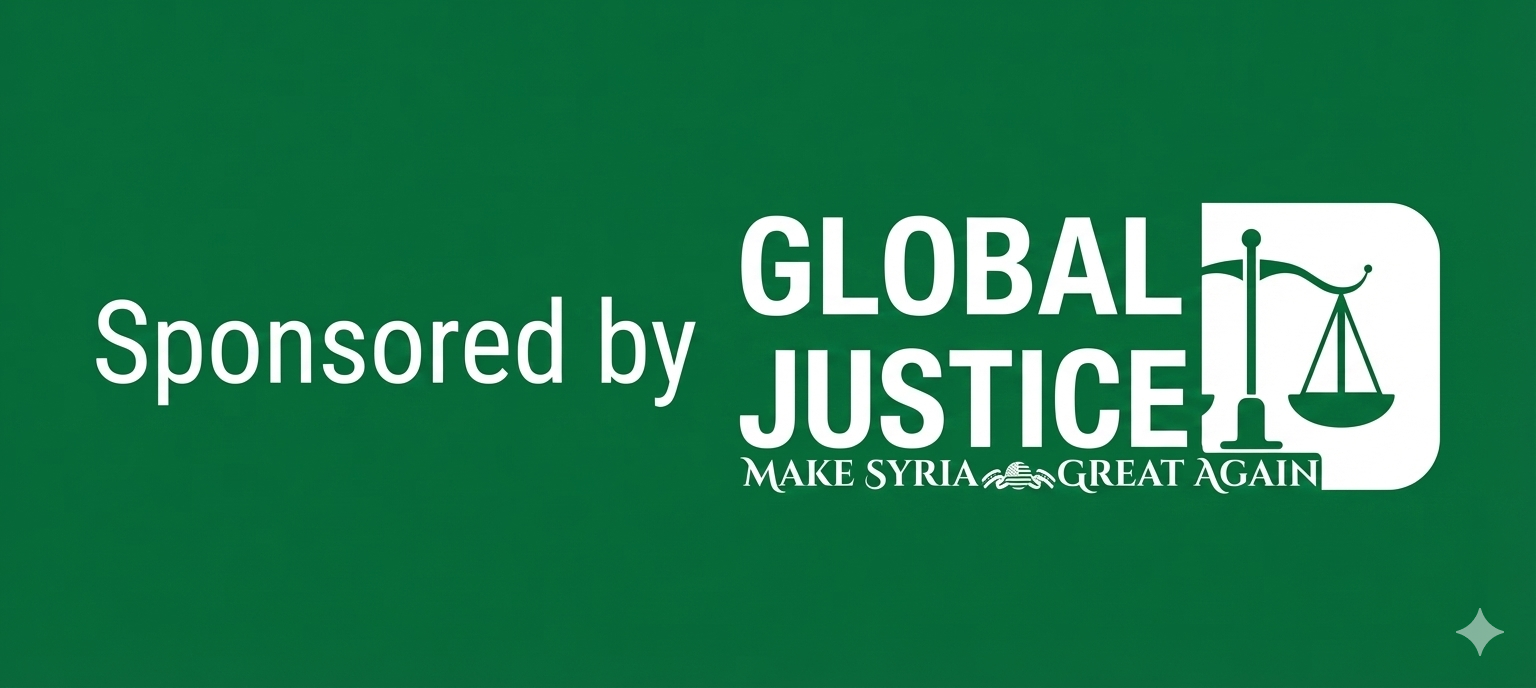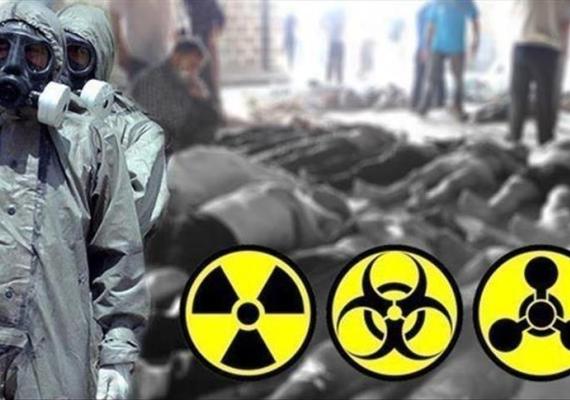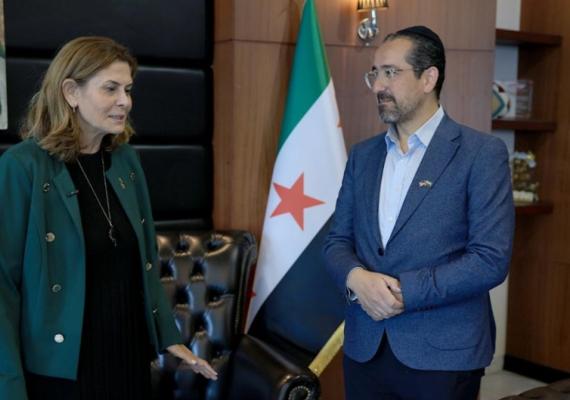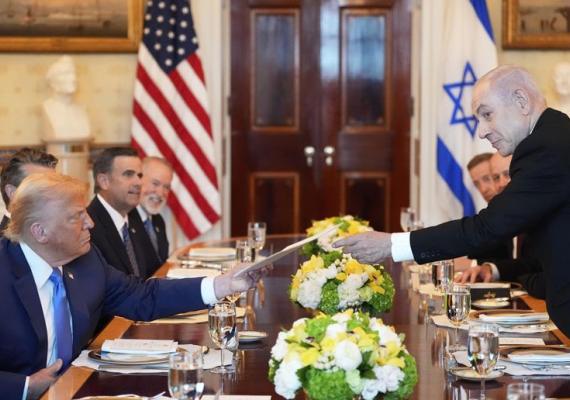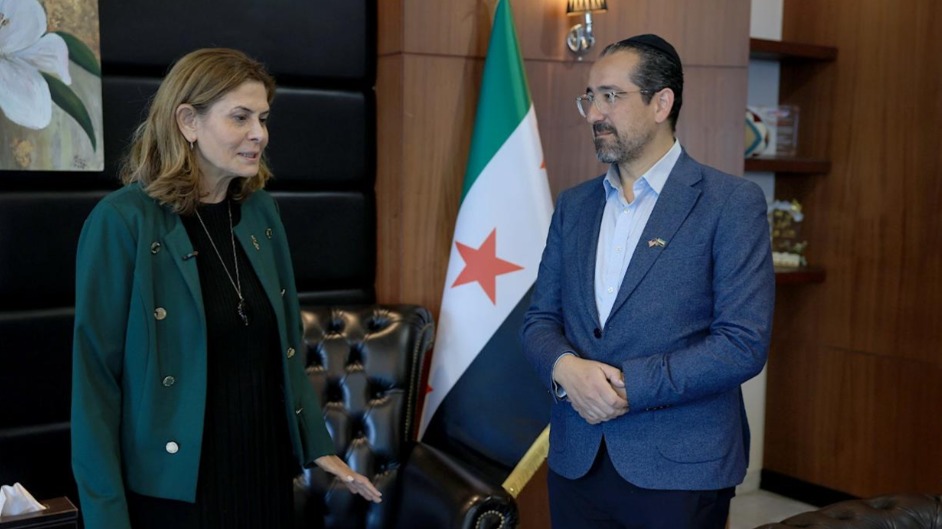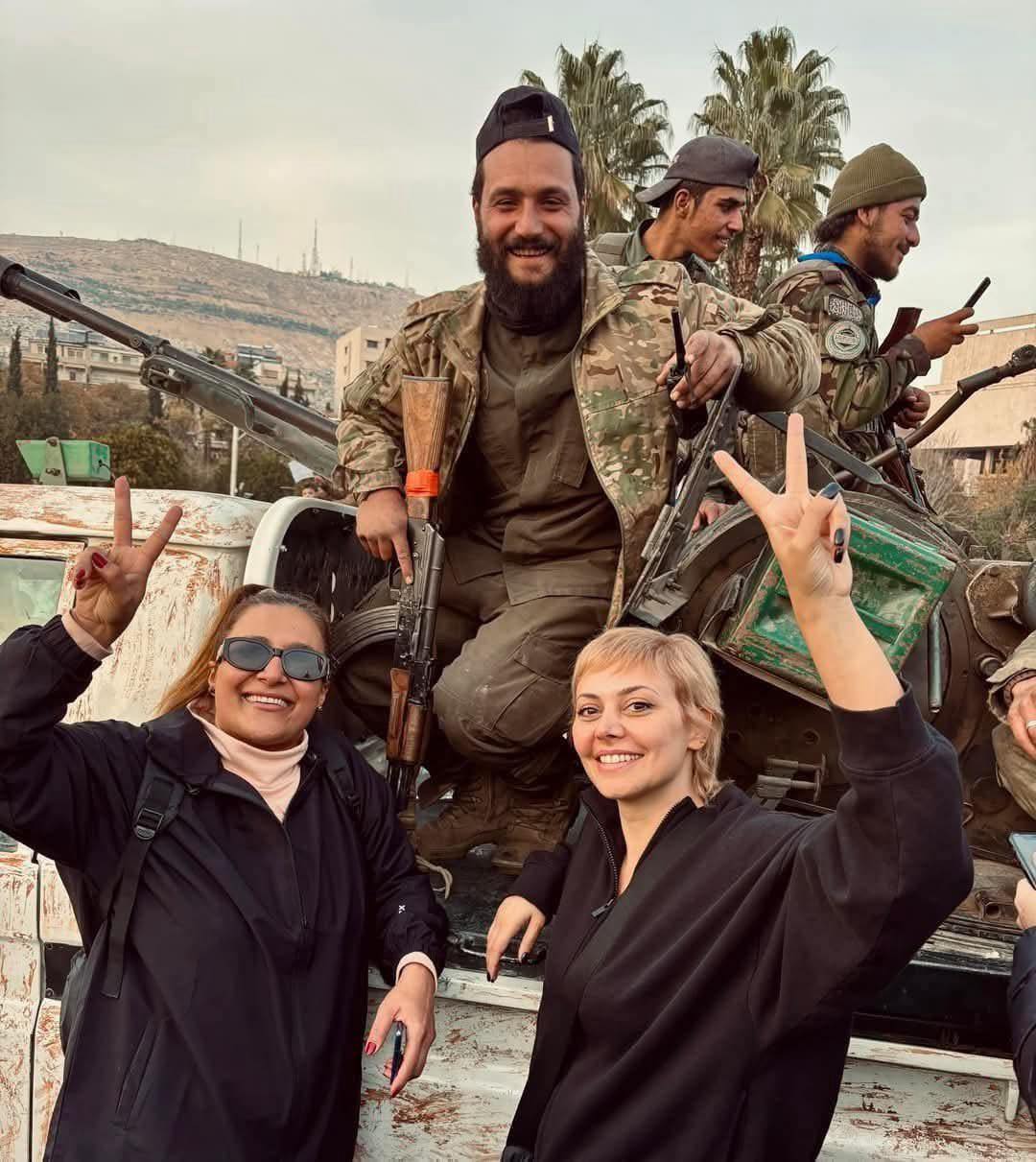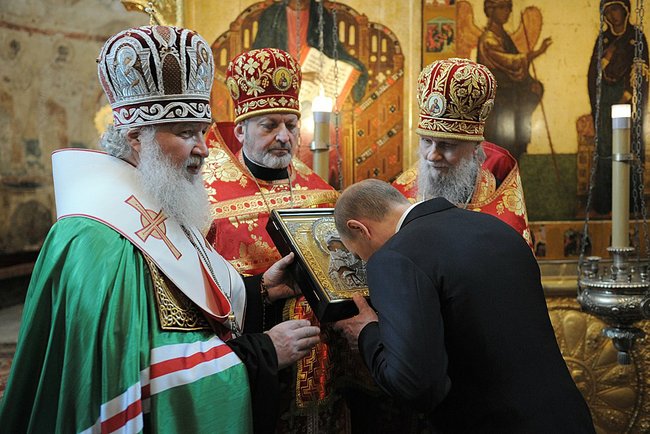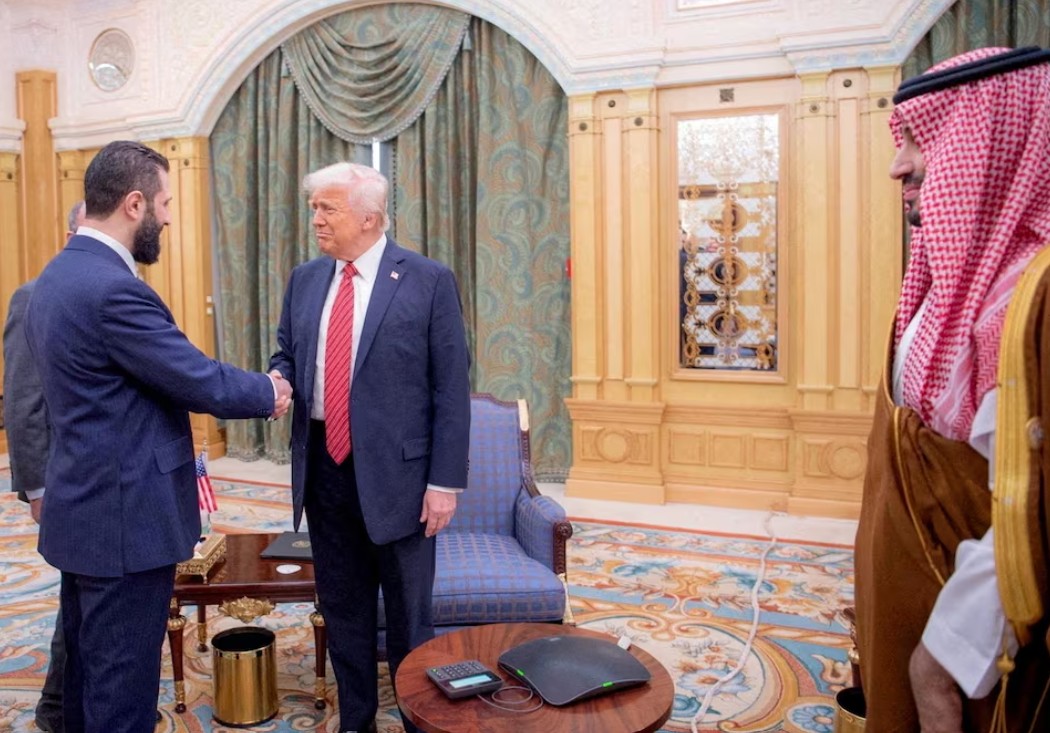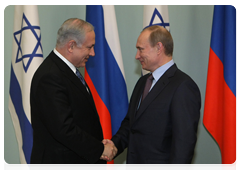Interview: Media focus on Daesh, "forget" Assad regime's crimes, says RBSS founder

From Al Jazeera English
At first glance Abdel Aziz al-Hamza, with his slender stature and mellow voice, appears shy. Other than his thick black beard, nothing in particular about him stands out.
Like most young people, he wears standard blue jeans, T-shirt and a baseball cap. But he is not at all like most young people. Al-Hamza, a 24-year-old Syrian exile who is the cofounder and spokesman of the underground citizen journalist group Raqqa is Being Slaughtered Silently (RBSS), is constantly under threat by the Islamic State of Iraq and the Levant (ISIL) group.
Al-Hamza is from Raqqa, a city of 300,000 in northern Syria that has become ISIL's self-declared capital and has been under its control for a little more than two years. When the group started tightening their grip and began executing people in public, al-Hamza and a group of his friends launched RBSS.
The group of about 17 Syrians take pictures and write reports on what life is like under ISIL. They then post it to their website, Twitter and Facebook, exposing the daily realities the citizens of that town face.
And since ISIL uses checkpoints to monitor the movement of people and controls the flow of information by prohibiting private Internet, the foreign press depends heavily on al-Hamza and his cohorts' firsthand accounts.
But with that comes great risk.
Since RBSS' inception in April 2014, ISIL has assassinated several of its members and supporters, including their family members. Only a few days ago a third member of RBSS, Ahmad Mohamed Almossa, was assassinated in Idilb, according to the covert citizen journalist group. Many members have fled to Europe, including al-Hamza.
Al Jazeera talked to al-Hamza about the threats RBSS members face and his thoughts on what life is like in Raqqa for ordinary citizens living under ISIL.
Al Jazeera: Even though ISIL has your name and presumably knows where you live, you have evaded getting captured and killed. Do you feel safe?
Abdel Aziz al-Hamza: I don't care if I'm safe or not. And I don't know when they will kill or capture me. But we have a few strategies. For example, we try to avoid talking about where we are going and to hide the location of where we live. But that's all we can do right now. We can't do more than that. We try not to think about these things. We want to lead normal lives.
Al Jazeera: Do you still receive daily death threats?
Al-Hamza: I get lots of daily death threats, but the problem is I don't know which one is from an ISIL fighter or an ISIL supporter. Maybe some of the death threats are a joke. I can't follow up on them because I don't know where those threats are coming from, so I don't do anything.
Al Jazeera: In December, one of RBSS' members, Ahmad Mohamed Almossa, was assassinated inside Syria. This is the third member of RBSS to have been killed since April 2014. How is RBSS dealing with his death?
Al-Hamza: After we received the news that our friend died inside Syria, we decided that RBSS members outside Syria needed to change locations and find new places to live. Because we are Syrian citizens, it's not easy for us to travel since we need visas. So we can't do more than change houses.
Al Jazeera: What security precautions does RBSS take for its members who are living and working inside Raqqa. How do you keep their identities protected?
al-Hamza: Our members who are still inside Raqqa are not safe. But they have taken online personal safety training courses and know Raqqa city very well. This helps protect their identities. That's why ISIL attacks our members that live outside Raqqa, since they can't locate our members who are still working from inside the city.
Al Jazeera: After the first member of your group was assassinated, you decided to flee Raqqa. What was that like?
Al-Hamza: It was like [losing] my heart. My body is outside but my heart is there.
Al Jazeera: Before the popular uprising you were a biology student at Raqqa University. Now you find yourself as the spokesman of RBSS. Do you consider yourself a journalist?
Al-Hamza: I didn't consider myself journalist at all because I didn't study it but I learned from the daily work. Some media organisations call us citizen journalists, some of them call us journalists and some call us professional journalists.
Al Jazeera: What is it like for Syrians to live under ISIL in Raqqa?
Al-Hamza: If Syrians in Raqqa don't show support for ISIL they die. So they support it. There is nothing to do in Raqqa. No schools. Families just stay home and all they could wish for is to remain alive to the next day. If people want to try to have a normal life they have to join ISIL.
Some shops open in the morning, like pharmacies and markets. People go to get food and drinks but it is very expensive since ISIL controls the city.
Bombings [air strikes] are another problem. It's happening every hour. People go get important things in the morning and then return home because there are warplanes in the sky and they don't know when the air strikes will start so they prefer to stay home.
They are afraid of air strikes. They have ISIL on the ground and warplanes in the skies. The situation is terrible for them. Women can't travel outside of Raqqa. They have be accompanied by husband or a male relative and they are not allowed to work.
Children - can't do anything. ISIL asks children to join them. They offer kids money and mobile phones and tell them not to tell their family. A lot of children join them and then ISIL takes them to a camp for three months. It's an army camp and they train them on how to use weapons and how to make bombs themselves.
Al Jazeera: Describe how ISIL began to take control of Raqqa? What are the defining moments that you experienced?
Al-Hamza: They started by sending professional fighters. Those fighters didn't fear death. They brainwashed children. They had weapons that the Free Syrian Army (FSA) didn't have so ISIL fighters started to take over one neighborhood after the other. My neighborhood was the closest one to ISIL's main headquarters.
Many FSA fighters tried to defend the area but in the end they could not, so they withdrew.
Al Jazeera: What was Raqqa like before ISIL took over?
Al-Hamza: We lived normal lives before the revolution. Even after the Syrian revolution took place, the situation remained the same until 2013. In March, FSA fighters liberated Raqqa. It was the best time for me. I could do whatever I wanted. I joined protests, discussed politics and worked.
There was freedom. You could say whatever you wanted and no one tried to impose rules on us or attack civilians. It was the best time until ISIL came on to the scene.
Al Jazeera: What was it like to win the 2015 International Press Freedom award?
Al-Hamza: It meant so much because when we launched RBSS we never thought that one day we would be awarded for our work. And to have been recognised by the Committee to Protect Journalists shows that this organisation is interested in what we do and is paying attention to our work.
Al Jazeera: In your view, how is "ISIL" being reported in media outlets?
Al-Hamza: Most western media outlets are only seeking to get exclusive news; because of this they make mistakes. For example, one media outlet reported that Yazidi girls were being sold in a market in Raqqa. RBSS went to check and we found out that this wasn't true.
Some media outlets are trying to cover the area under ISIL [control] but forget to report about the Syrian regime. They also don't show any coverage of the FSA or other groups. Several media outlets just focus on ISIL.
Al Jazeera: What is the future of Raqqa?
Al-Hamza: In the future things will change. But it will take years because ISIL is spreading its ideology, and it is not easy to get rid of that especially with the children who have been brainwashed by ISIL ideology. So there is a lot of work to be done in the city and that is why we are trying to reflect that reality.
From: Al Jazeera English, published on Monday January 4, 2016
Photo: Award recipients Abdelaziz Alhamza (L) and Abu Mohamed (R), co-founders of Raqqa is Being Slaughtered Silently, pose with a Syrian flag at the Committee to Protect Journalists' International Press Freedom Awards at the New York Waldorf Astoria on December 16, 2015

